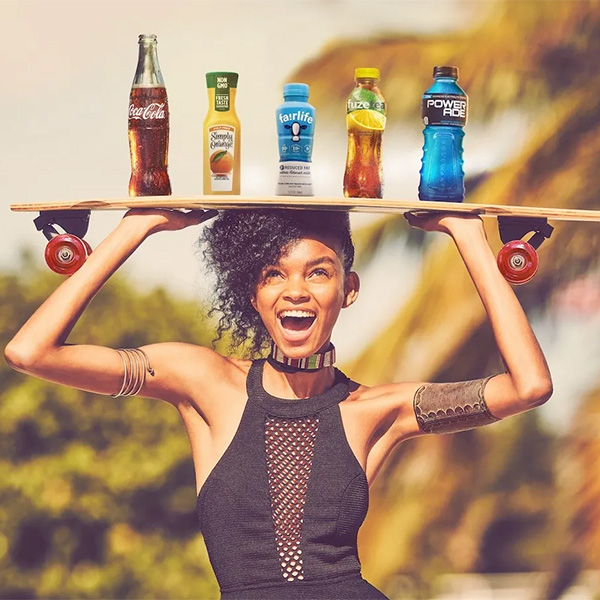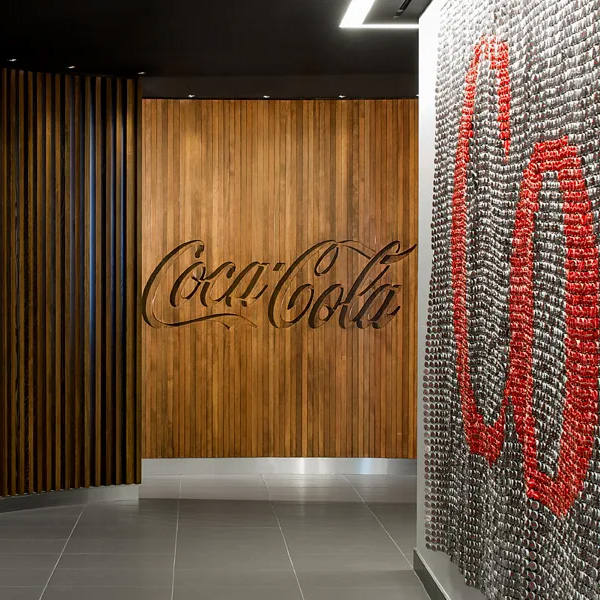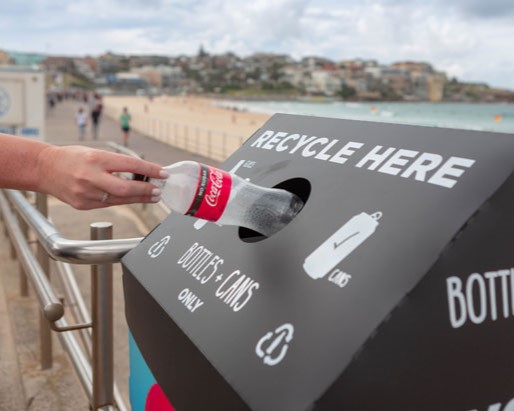As a total beverage company, we are driven by our purpose to refresh the world and make a difference. We aim to grow our business in ways that drive positive change and build a more sustainable future for our planet.
1Locations were identified following an extensive analysis updated in 2024 using the World Resources Institute Aqueduct 4.0 tool and Coca‑Cola system level assessments of each production facility. For the assessment of high-risk locations, 96% of the Coca‑Cola system facilities were evaluated. Non-dedicated third-party contracted manufacturers were not considered due to partly short-term contracts and changes in contracts.
2The company will continue to comply with local regulations, including where higher percentages of recycled content are required.
3Excludes the company’s acquired businesses, such as BODYARMOR, CHI, Costa, doğadan, fairlife and innocent. The company expects to prepare these businesses for integration into its 1.5°C trajectory over time.









